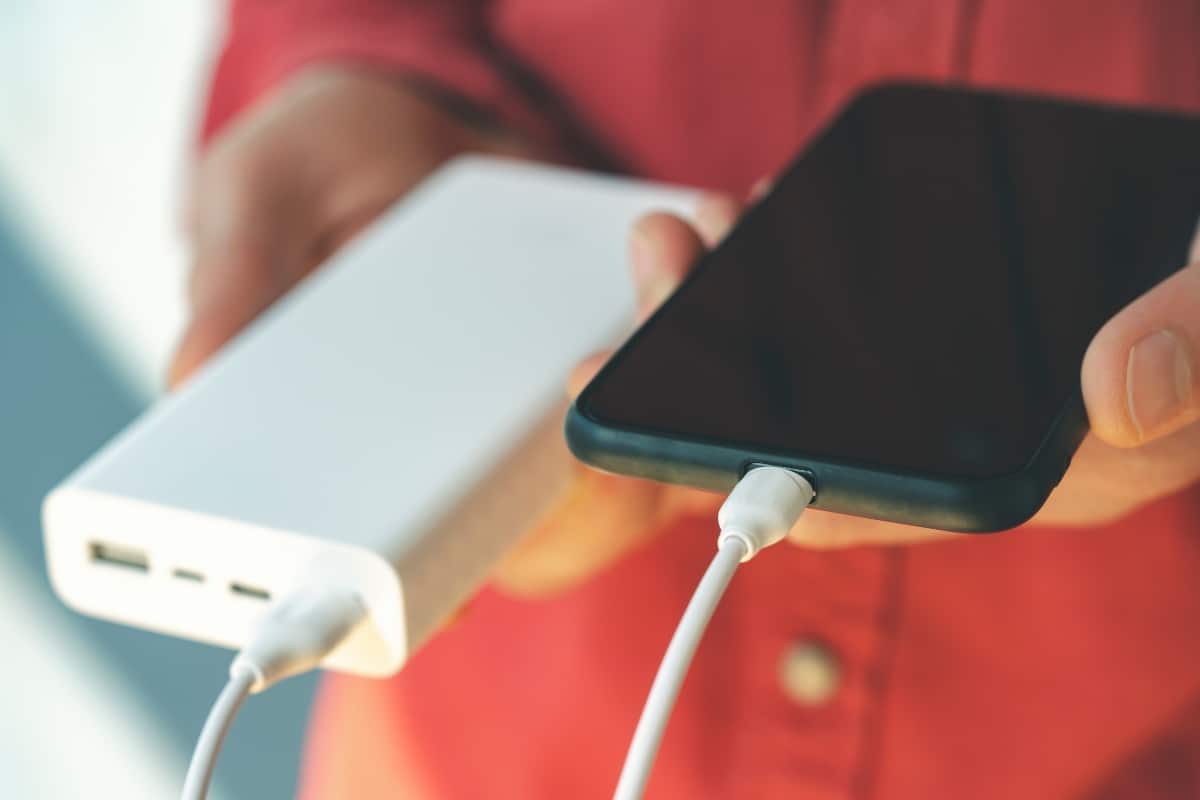Hong Kong air travellers will soon need to make sure their electronic devices are well charged before they take off, thanks to a new rule banning the use of power banks on flights that will come into effect next month. Passengers will no longer be able to charge any of their gadgets with portable power sources or keep them in the cabin storage units above their seats from April 7, 2025. The move follows a series of recent onboard fires on regional carriers, suspected to have been caused by power banks.
New Hong Kong Rules on Power Banks and Portable Batteries
According to a government notice issued on Monday, the Civil Aviation Department has said that local airlines will not allow fliers to use power banks to charge any other portable electronic devices, or even recharge them, once they board their flights. And while there is no ban on carrying these gadgets in hand baggage, they cannot be placed in overhead compartments.
The city’s aviation regulator’s current rules state that spare lithium batteries, which covers power banks, are not permitted in checked-in luggage. They can only be packed in cabin bags as long as they contain no more than 2 grams of lithium and do not go over a watt-hour (Wh) rating of 100. Travellers are allowed a maximum of two batteries rated 100Wh-160Wh in their carry-ons, and none exceeding 160Wh.
Why Airlines Are Cracking Down on Power Banks
Earlier this year, an Air Busan flight set to depart for Hong Kong caught fire at Gimhae International Airport, with media stating that the cause was a battery placed in a carry-on bag in the overhead compartment. This resulted in South Korea prohibiting passengers from keeping batteries and e-cigarettes in cabin storage units. More recently, a Hong Kong Airlines flight from Hangzhou had to divert to Fuzhou after flames broke out in the cabin, also believed to be linked to an external battery pack.
Singapore Airlines’ new rules from April 1 ban passengers from charging power banks using onboard USB ports or using them to recharge other gadgets for the duration of their flight. Other regional carriers like Thai Airways, Eva Air, Air Asia, and China Airlines have similar rules.
Image credits: Be-Art via Canva






